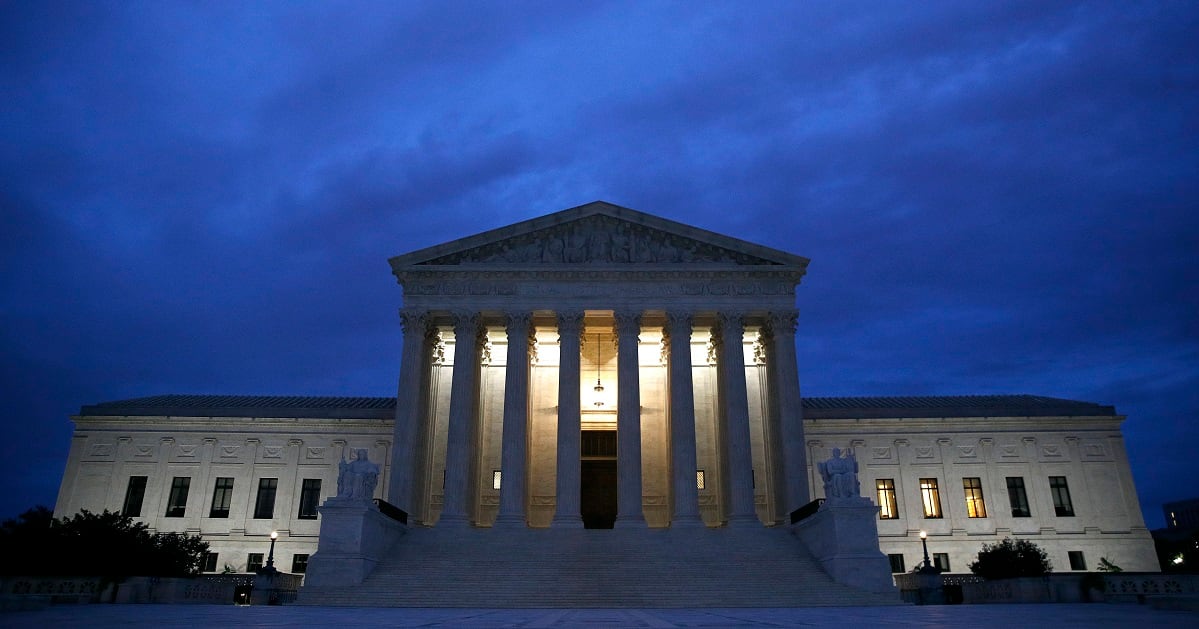House lawmakers will hear directly from the victims of military medical mistakes next week in a hearing looking at whether Congress should consider changing the rules regarding malpractice cases against the Department of Defense.
Among those scheduled to testify at the hearing on April 30 are Sgt. 1st Class Richard Stayskal, a Green Beret fighting stage four lung cancer because of Army doctors errors, and the widow of Air Force Staff Sgt. Dean Patrick Witt, who was left in a vegetative state after a botched appendectomy surgery.
Natalie Khawam, an attorney for Stayskal, said the 37-year-old father of two is in considerable pain daily but will appear before the House Armed Services Committee to “show that there needs to be accountability for these doctors.”
RELATED
This Green Beret is battling cancer — and the government — after Army medical’s ‘gross malpractice’
At issue is a 1950 Supreme Court decision called the Feres doctrine which lower courts have cited repeatedly to block troops from claiming medical malpractice damages for actions related to their military service.
Defense advocates have argued that changing the precedent would prompt a flood of frivolous lawsuits against the military. But critics of the doctrine say the ruling has been applied far beyond issues of troops facing war-related injuries or on-duty accidents, and deprived military families of compensation for negligence and carelessness.
In Stayskal’s case, Army doctors overlooked a tumor in lungs in early 2017, allowing it to grow rapidly in ensuing months. By the time his cancer was properly diagnosed, doctors told him they could not treat the illness, and gave him only a few months to live.
Khawam, who runs the Whistleblower Law Firm, said his family has been unable to sue for damages and to censure the military doctors involved because of the Feres doctrine. The same mistakes in a civilian hospital would face no such legal obstacles.
“ISIS couldn’t kill this guy, but our medical system is,” Khawam said.
In Witt’s case, a nurse inserted a breathing tube into his esophagus instead of his airway, depriving his brain of oxygen. The nurse surrendered her medical license, but the family was blocked from receiving any damages because of the Feres doctrine.
RELATED

Military officials did not return requests for comment on the malpractice accusations.
Lawmakers in both the House and Senate have said they want a fix to that complete shutdown of legal cases against problematic military physicians. Rep. Jackie Speier, D-Calif., and chairwoman of the House Armed Services personnel subcommittee, has said the issue is one of her top legislative priorities for this year.
Also scheduled to testify at the hearing are former Air Force Judge Advocate Rebecca Lipe and Dwight Stirling, chief executive officer of the Center for Law and Military Policy.
The hearing will begin at 2 p.m. on April 30 and will be streamed online at the committee’s web site.
Leo covers Congress, Veterans Affairs and the White House for Military Times. He has covered Washington, D.C. since 2004, focusing on military personnel and veterans policies. His work has earned numerous honors, including a 2009 Polk award, a 2010 National Headliner Award, the IAVA Leadership in Journalism award and the VFW News Media award.




